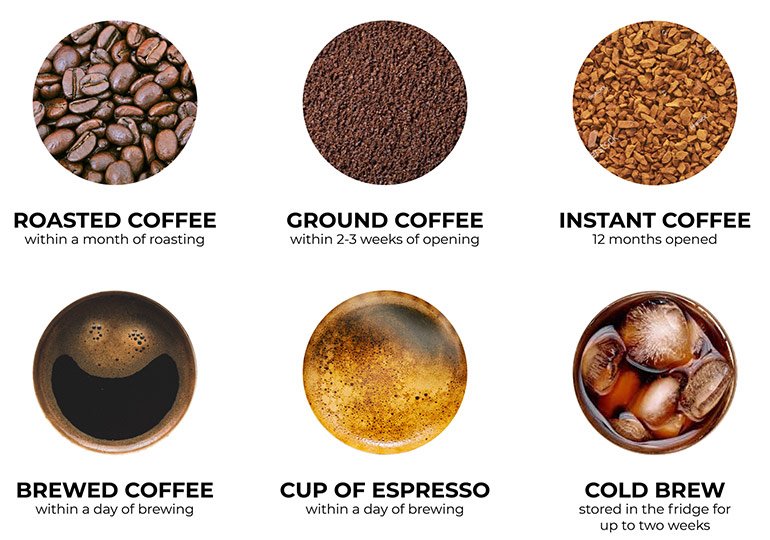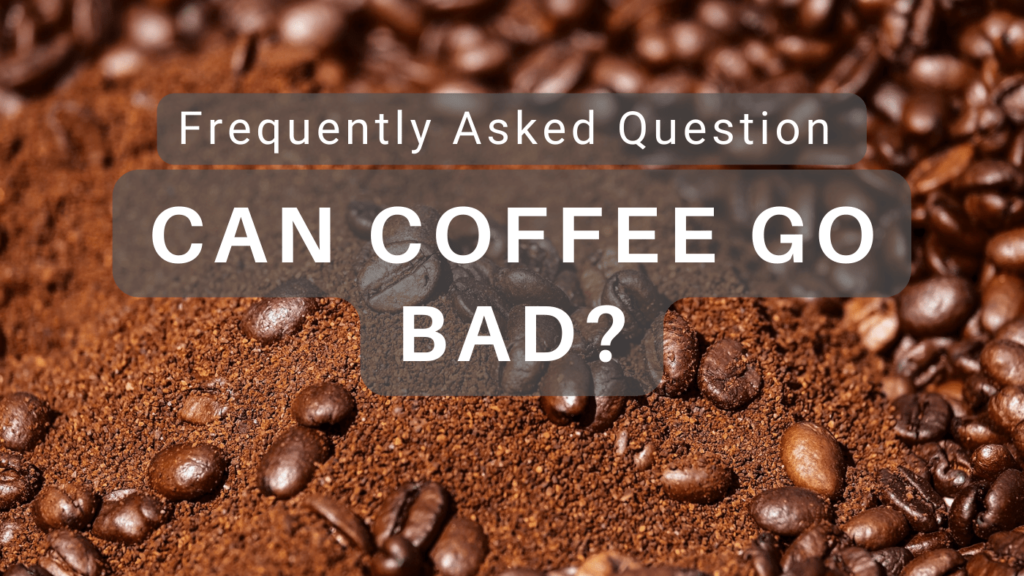Have you ever brewed a delicious cup of coffee only to get distracted and find it several hours later, wondering if it’s still good? If you have, you’re certainly not alone. Many coffee enthusiasts have faced this dilemma, pondering whether their precious brew has lost its magic over the hours.
What Happens to Brewed Coffee Over Time?
When you leave your brewed coffee sitting out, several physical and chemical changes occur. These alterations can affect everything from taste to safety, which brings us to the question of the hour: does coffee go bad after being brewed?
The Immediate Effects
Right after you brew your coffee, its aromas and flavors are at their peak. The ingredients have perfectly melded together to give you that first magical sip. Freshly brewed coffee is not only a sensory delight but also a complex combination of volatile compounds.
Physical Changes
As the hours pass, those volatile compounds begin to evaporate, causing a noticeable dip in the coffee’s aroma and flavor. You may notice the oily sheen on the surface becoming more pronounced, as oils from the coffee grounds float to the top.
Chemical Changes
Simultaneously, the acids in the coffee start to degrade, leading to a more bitter and less pleasant taste over time. The pH level of your coffee may also change, contributing to an altered flavor profile.
How Long Can Coffee Sit Out?
Determining how long your coffee can sit out involves a blend of scientific understanding and personal preferences. Let’s break it down.
General Guidelines
| Time Elapsed | Quality Impacted |
|---|---|
| 0-30 minutes | Peak freshness |
| 30-60 minutes | Aroma reduces |
| 1-4 hours | Taste quality drops |
| 5+ hours | Taste is off |
| 12+ hours | Considered unsafe |
Factors That Influence Shelf Life
Several factors can influence how quickly your brewed coffee deteriorates. Understanding these can help you make informed decisions.
Temperature
The ambient temperature where your coffee sits can speed up or slow down the degradation process. Warm environments tend to accelerate the breakdown of flavor compounds, while a cooler setting can prolong the life of your coffee somewhat.
Exposure to Air
Air is full of oxygen, which readily reacts with many of the compounds in your coffee. Every minute your coffee is exposed to air, oxidation occurs, hastening the loss of flavor and aroma.
Type of Coffee Bean
Different types of coffee beans degrade differently. For example, Robusta beans may maintain their flavor longer compared to Arabica beans. However, Arabica beans generally offer a more pleasurable initial taste.

Best Practices for Storing Brewed Coffee
While freshly brewed coffee is best consumed immediately, there are ways to extend its enjoyable life.
Use an Airtight Container
An airtight container can significantly slow down the oxidation process. If you know that you can’t drink all the coffee in one go, store it in an airtight thermos or carafe.
Refrigeration
If you anticipate drinking your coffee hours later, consider refrigerating it. While refrigeration won’t keep your coffee tasting its best, it will slow down the chemical reactions that lead to staleness.
Avoid Reheating
Reheated coffee often tastes worse than coffee that’s been kept warm. The reheating process can cause further breakdown of compounds, making your coffee taste burnt or overly bitter.
Does Coffee Become Unsafe After Sitting Out?
Beyond flavor, another critical consideration is whether coffee becomes unsafe to drink after it sits out.
Bacterial Growth
Coffee itself doesn’t provide a hospitable environment for bacteria due to its acidity. However, if you’ve added milk or cream, the story changes. Dairy products offer a nutrient-rich medium for bacteria, making your coffee susceptible to spoilage.
| Time Elapsed | Safety with Dairy | Safety without Dairy |
|---|---|---|
| 0-1 hour | Safe | Safe |
| 1-2 hours | Marginal | Generally safe |
| 2-4 hours | Questionable | Generally safe |
| 4+ hours | Unsafe | Generally safe |
| 12+ hours | Unsafe | Unsafe |
Mold
In humid environments, mold can start to form on coffee that’s been sitting out for too long. This is more common in coffee that contains dairy.

How to Tell If Your Brewed Coffee Has Gone Bad
Even without dairy, your coffee can reach a point where it’s just not worth drinking. Here are some signs to look for:
Smell
One of the easiest ways to tell if your coffee has gone bad is through smell. If it smells stale or sour, it’s best to skip it.
Taste
While not pleasant, a sip can confirm what your nose suspects. A bitter, flat, or otherwise unpleasant taste is a clear sign that your coffee has passed its prime.
Appearance
Visually inspecting your coffee can also provide clues. A separated or thickened texture, bubbles, or even visible mold are definite signs that your coffee should be discarded.
Reusing Old Brewed Coffee
Sometimes, you just don’t want to waste that cup of coffee. If you find yourself with leftover coffee, here are some creative and tasty ways to make use of it.
Iced Coffee
Transform your old brewed coffee into a refreshing iced coffee. Pour it over ice, add your favorite creamer or sweetener, and you’ve got yourself a chilled beverage.
Coffee Ice Cubes
Instead of throwing out your old coffee, pour it into an ice cube tray and freeze. These cubes are perfect for cooling your iced coffee without watering it down.
Baking Ingredient
Old coffee can add a rich flavor to baked goods. Use it in recipes that call for liquid to give your cakes, cookies, or bread an extra depth of flavor.
Marinades and Sauces
Coffee works surprisingly well in savory dishes as well. Use it in marinades for meats or as a base for a robust sauce.

Final Thoughts: Fresh is Best
While it’s entirely possible to drink coffee hours after it’s been brewed, remember that fresher is generally better. By understanding the changes that occur over time, you can make more informed decisions about when to drink or discard your coffee. Your taste buds will thank you.
Isn’t it fascinating how something as simple as a cup of coffee can involve so much complexity? Now that you’re armed with all this information, the next time you find a forgotten cup of coffee, you’ll know exactly what to do!
